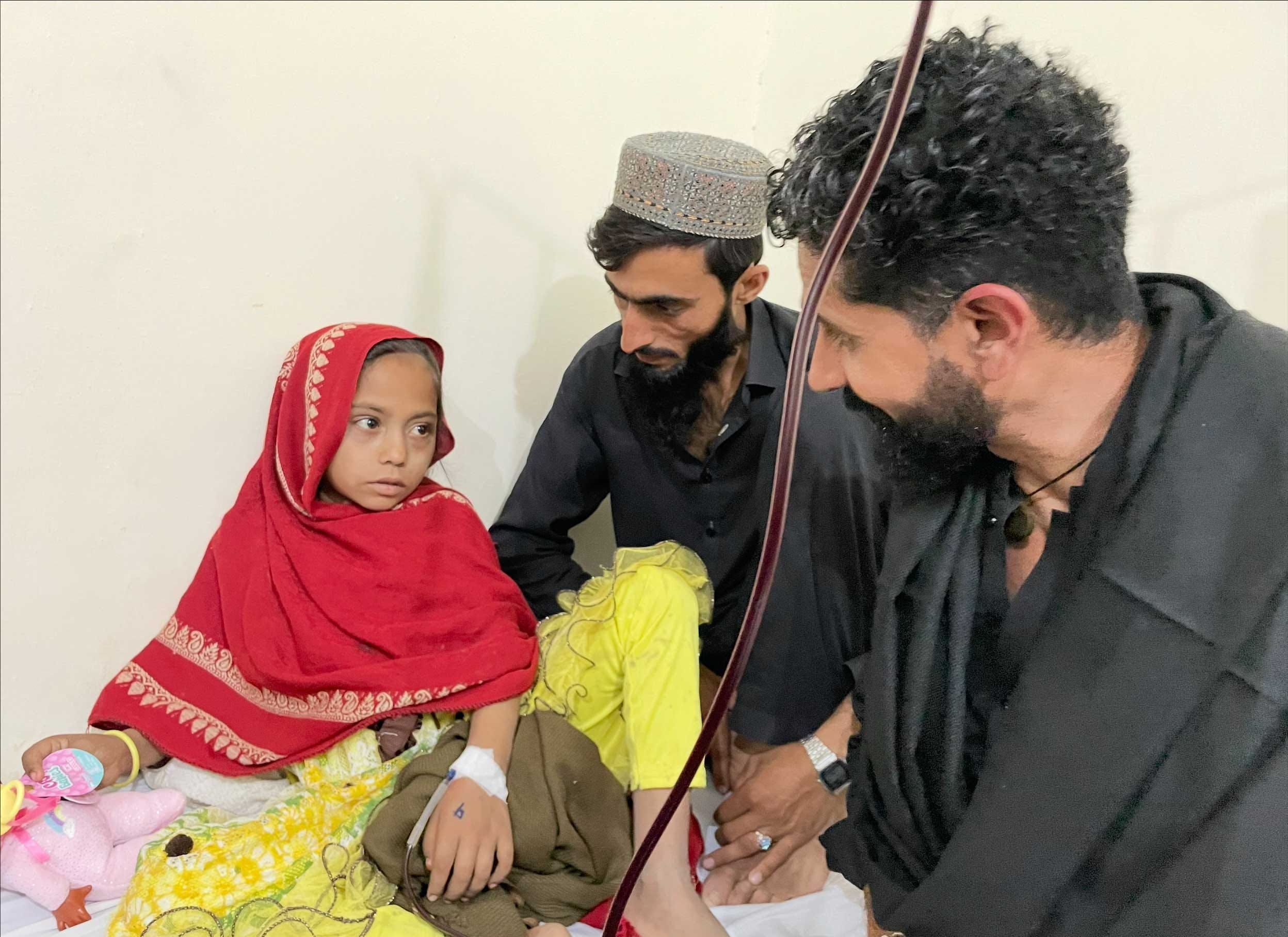For many of us who come from nothing, survival is our starting point — and drive is our only compass. It teaches us to hustle, to prove our worth, to never stop climbing. I didn’t know how to stop. My life became a blur of meetings, milestones, and mountains.
I grew up in Peshawar, Pakistan, then made it across oceans. I amassed everything I thought I’d dreamed of — degrees, wealth, titles, rare cars — and conquered summits and 100-mile bike races. But each finish line became another starting point. I thought I was climbing, but really, I was burning. What I hadn’t realized was that the very drive that fuels our ascent can, if left unchecked, become the fire that consumes us. Survival mode doesn’t know when to stop.
Then came a moment that changed everything.
It happened in Nepal, on the trail to Tengboche, while I was hiking to Ama Dablam for my third summit attempt. Lost in my thoughts, I noticed an elderly villager walking ahead, carrying a load far too heavy. I found him later at a teahouse, quietly sipping tea, staring out at the mountain.
We made small talk. I asked, “What do you aspire to?”
He raised his cup and said, “This. This tea. This view. I walk this trail every day, and this is my joy.”
That man had mastered the art of presence, something I had forgotten. I had flown halfway across the world to conquer that mountain yet never once stopped to truly admire it. But he did — every single day.
That moment cracked something open in me.
On the way home, after my third failed attempt at Ama Dablam, I stopped in Peshawar at our thalassemia clinic — an initiative I had supported financially but never visited. It was a blistering summer day, power out, heat heavy. Families waited in the heat of the courtyard — no formal waiting area, no air-conditioning, just hope and sweat.

From left to right: Fatima, her dad, and Rahim at his clinic in Peshawar, Pakistan.
Inside, I met a young girl named Fatima. Though she looked eight, she was 14 — her growth stunted by chronic disease. The name struck me. My paternal grandmother was Fatima. My daughter is Fatima. Her father, a tired laborer, was sitting quietly beside her. Through a translator, I learned she was his only child. In the past, every month, his full month’s wages went to keeping her alive — until he found our foundation’s clinic. He was incredibly grateful for the opportunity.
Moved, I wanted to do more. Beyond the money. Beyond the title. One father to another.
I asked to donate blood. To my surprise, I was a match. After screening, the blood was transfused into Fatima. I stood in stunned silence. Somehow, I had given her a piece of me, and in doing so, I received something I had not felt in years: peace.
Two days later, I boarded a plane back to the U.S. I hadn’t summited Ama Dablam, again. But this time, I didn’t care. My heart was full. I had found what I was chasing — not a summit, but eternal joy: a joy rooted not in outcomes, but in presence.
It reminded me of the book The Alchemist and its lesson that the treasure we seek is often already within. That moment in Nepal was my turning point: I didn’t need more. I needed less.
So I began to shed. I sold my big house and let go of possessions. My son was six months from college — I wanted time, not things. My wife and I moved into a modest townhome where the kitchen is so small, we bump into each other while making coffee. And that feels perfect. Each morning, I grind beans by hand, pour coffee slowly, and watch the sky shift. I walk in the Idaho foothills of Sun Valley — no phone, no AirPods. Just birds, wind, and river.
I still work, but differently. I am building my company, Nephrolytics, not for an exit, but for a mission. I support our foundation’s leukemia clinic. I spend time with my son — camping, fishing, talking. I have found joy again — not in the extraordinary, but in the deeply ordinary. Now I understand what Seneca meant when he said, “Life is long, if you know how to live it.” I had forgotten. But I have remembered my humanity.
Dr. Fahim Rahim WG24 practiced medicine for 20 years before graduating from Wharton’s Executive MBA program. He is the founder and CEO of Nephrolytics, an AI-powered platform transforming kidney disease care; the co-founder of the JRM Foundation for Humanity; and the co-founder and CEO of Idaho Kidney Institute. To read more of his writing, subscribe to his Substack.

























